Don’t Touch My Hair
₦6,700
Emma Dabiri takes us from pre-colonial Africa, through the Harlem Renaissance, Black Power and on to today’s Natural Hair Movement, the Cultural Appropriation Wars and beyond. We look at everything from hair capitalists like Madam C.J. Walker in the early 1900s to the rise of Shea Moisture today, from women’s solidarity and friendship to ‘black people time’, forgotten African scholars and the dubious provenance of Kim Kardashian’s braids. The scope of black hairstyling ranges from pop culture to cosmology, from prehistoric times to the (afro)futuristic. Uncovering sophisticated indigenous mathematical systems in black hairstyles, alongside styles that served as secret intelligence networks leading enslaved Africans to freedom, Don’t Touch My Hair proves that far from being only hair , black hairstyling culture can be understood as an allegory for black oppression and, ultimately, liberation.
Emma Dabiri takes us from pre-colonial Africa, through the Harlem Renaissance, Black Power and on to today’s Natural Hair Movement, the Cultural Appropriation Wars and beyond. We look at everything from hair capitalists like Madam C.J. Walker in the early 1900s to the rise of Shea Moisture today, from women’s solidarity and friendship to ‘black people time’, forgotten African scholars and the dubious provenance of Kim Kardashian’s braids. The scope of black hairstyling ranges from pop culture to cosmology, from prehistoric times to the (afro)futuristic. Uncovering sophisticated indigenous mathematical systems in black hairstyles, alongside styles that served as secret intelligence networks leading enslaved Africans to freedom, Don’t Touch My Hair proves that far from being only hair , black hairstyling culture can be understood as an allegory for black oppression and, ultimately, liberation.

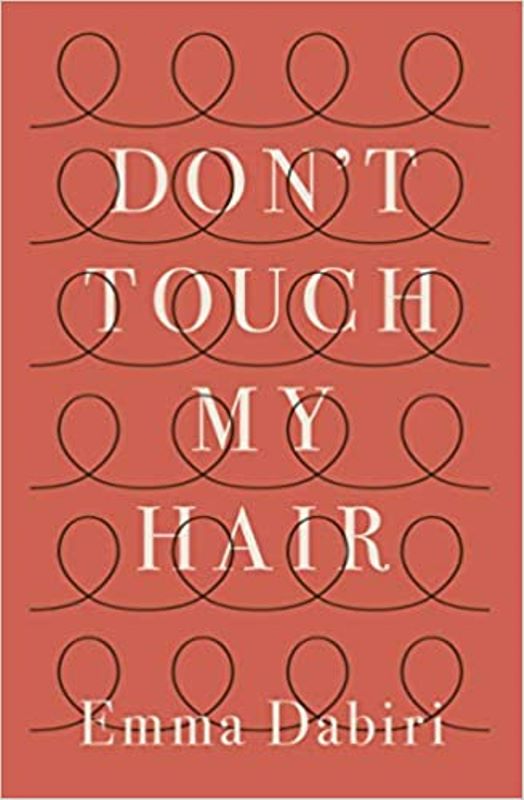
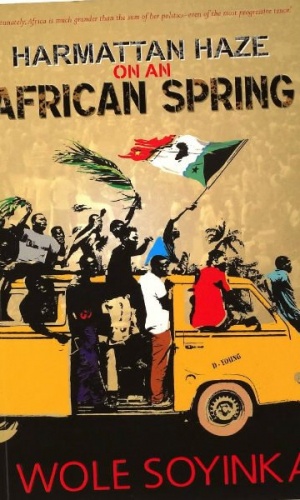
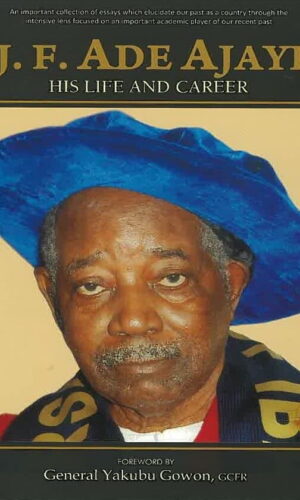

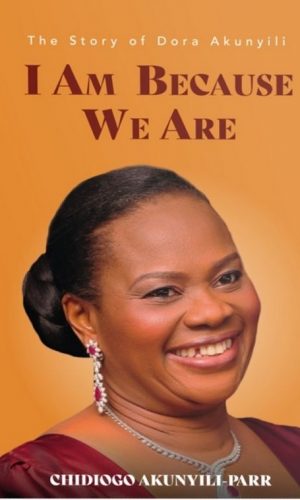
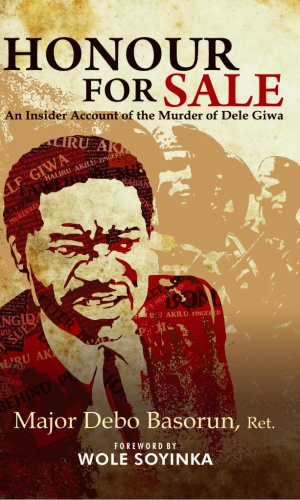
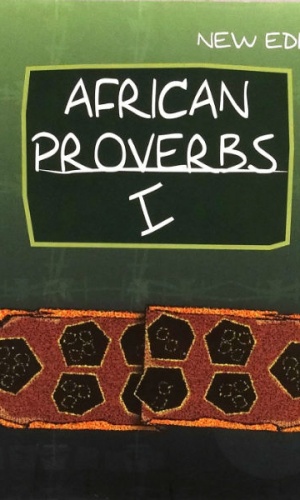
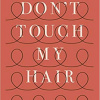
Reviews
There are no reviews yet.